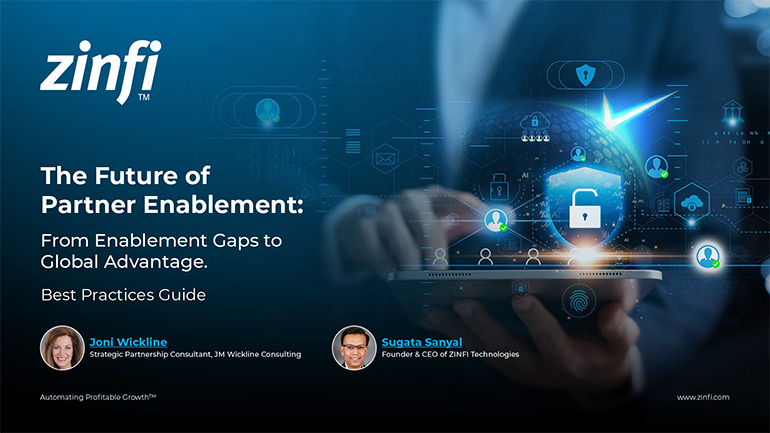Traditionally, corporate training focused on measurable, hard skills and efficiency-driven productivity. However, the landscape significantly shifted, with organizations now prioritizing "soft skills" such as resilience, communication, innovation, and collaboration. These are fundamentally EQ-driven attributes, making them much harder to measure and teach than the more mechanical skills of the past. This shift directly responds to technological advancements, including AI, which increasingly automates routine tasks, elevating the importance of uniquely human capabilities in the workforce. Learning providers find it increasingly difficult to attach specific training to these nuanced skills because each organization's needs and desired outcomes differ.
This change in focus also impacts how learning providers interact with their clients. In the past, HR typically bought training, and while HR departments remain central, the decision-making process has become more sophisticated, often involving "people officers." Selling to organizations now requires a deep dive into uncovering their specific needs, understanding the desired outcomes, and, most importantly, identifying the key metrics they aim to move. This consultative approach is essential because, despite clear recognition that these human skills are game-changers for organizations, measuring their direct return on investment is complex and challenging. The industry evolves to partner with organizations, co-creating solutions tailored to unique pain points or business opportunities.
This profound shift from IQ-driven, mechanical productivity to EQ-driven human behavior marks a new era for corporate education. While traditional education models, often characterized by rote memorization and standardized testing, still prevail, the demands of the modern workforce necessitate continuous upskilling in areas like resilience and complex communication. The challenge lies in retraining a workforce educated in the "old way" for the new frontier of sales enablement and organizational productivity. This requires innovative approaches to learning and development that move beyond one-and-done workshops to continuous, just-in-time, and job-embedded learning experiences that foster new behaviors and muscle memory.
